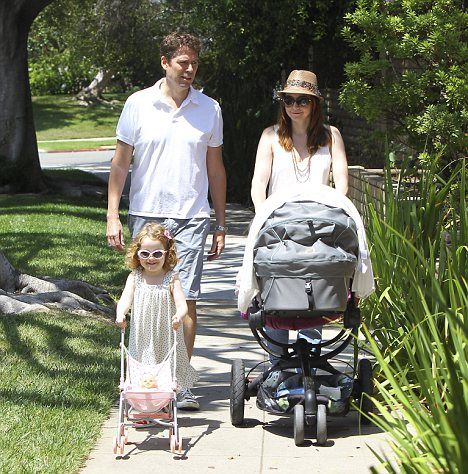Sanatana Dharma is an ancient code of conduct originating with the Vedic culture some 8,000+ years ago. The Sanskrit word '
dharma', while not easily translated into English, due to its complex, multi-level meaning can be interpreted as 'the collection of natural and universal laws that uphold, sustain, or uplift'. In effect,
dharma is a law of being, a law of nature, individual nature, prescribed duty, social and personal duties, a moral code, civil law, a code of conduct, morality, a way of life, a practice, an observance, justice, righteousness, religion, religiosity and harmony.
Rather than a set of man-made rules, Sanatana Dharma is more akin to a document of the observable laws of physics. The word '
karma', meaning 'action' is used to indicate the cause-effect relationship between action and consequence. Moral judgement is an attitude that applies in relation to the dharmic value produced by the cause-effect of actions, but the laws, themselves are as morally neutral as the non-dual monism of Vedic philosophy that first began to examine and discuss the nature of existence.
Karma, when understood as 'work' in the sense that it is used in physics, does not categorise any action as inherently good or bad. Instead, any and all actions and intentions 'that uphold, sustain, or uplift' life are good, while those actions that suppress or destroy life are bad. This is purely a rational position that hinges on the assumption that there is consensus will to live and let live and that that will is firmly founded on the understanding that all life forms are inextricably integrated, interdependent and of equal value to the whole. The recognition of equality cannot be gained by a mind incapable of
empathy, which is rooted in
ahimsa, a tenet of Sanatana Dharma. The word '
ahimsa' translates into 'non-violence', but encompasses all acts of violence from harsh words to killing insects.

Comment: Éiriú Eolas, the scientific breathing and meditation program, can help stimulate our compassion nerve back into action, relieving you at the same time from stress, inflammation, and physical/emotional toxins.